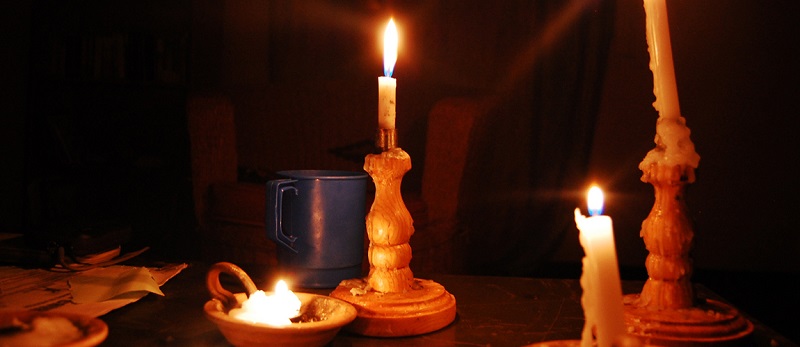Wednesday January 8, 2025
- ALL NEWS
- SMALL & MEDIUM ENTERPRISES (SME)
- INTERNATIONAL TRADE
-
REGIONS
-
NON-REGIONAL
Search

Blackouts form a surge in alternative energy products
Zimbabwe is currently going through debilitating power cuts. The country is unable to produce enough power or important enough power from its neighbors. This has left the Ministry of Energy with few options but to prioritize industry and critical services like hospitals and airports, which has led to homes with no power for up to 18 hours every day, forcing them to find alternative energy sources.
Urban citizens have had access to the national electricity grid and rightfully became reliant on it. It was the rural population that had difficulty accessing the national grid. The rural population was too sparse and too poor for the power producer to service efficiently, so they had little to no access to electricity. The rural community primarily relied on small, handheld solar panels to charge their cell phones and a few lamps. As the national grid started to fail urbanites, they turned to these small solar products, but their lifestyles demanded more power.
Over time, Zimbabweans sought and found new solar products to use. The options available for a power source are tied to income, and as Zimbabwe's economy falters, more and more citizens are sliding down the power scale. At home, the primary functions of power are to cook, provide lighting and power devices.
Cooking
Cooking is a necessity and must be done every day. It is for this reason that it occupies a more significant portion of any power budget. Without being able to use their electric stoves, Zimbabweans have turned to other ways of cooking such as;
• The most basic and popular method of cooking is using firewood. It is the cheapest and most readily available power source available to most Zimbabweans. Individuals have started to make money by going out of town to cut down wood to sell to the urbanites, usually in the more impoverished neighborhoods.
• Gas stoves have become a cleaner and more efficient cooking method for middle and higher-income households. Small gas distributors have sprouted around the country and are present in petrol stations too. What makes it out of reach to more impoverished Zimbabweans is the need to continuously refill the gas tank at prices that a lot of Zimbabweans cannot afford.
• Generators can power an entire household, including the stove. To buy a generator large enough to power a stove and to fill it with fuel are expenses that only the rich can afford.

Lighting
Lighting is essential at night. A lack of light is not only disheartening; it is unsafe and leaves half the day unproductive. Although lighting does not take many resources, it is still crucial. Most of the lighting is through rechargeable solar lamps and bulbs.
Home appliances
The key to maintaining a lifestyle is having home appliances to entertain and make life easier. The fridge, television, computers, and mobile devices are all necessary to provide a comfortable modern lifestyle. Powering all of these devices has become a real challenge. To meet this challenge, Zimbabweans have opted for;
• Solar panels: Although useful, they are rarely powerful enough to run a fridge and, more importantly, are not helpful at night.
• Rechargeable home batteries: these have become more prevalent by those who can afford them. They can be charged using the national grid when there is power or using solar panels.
• Generators: since they come in different sizes, generators can power small or big appliances. Depending on their size, Zimbabweans use these to power their homes.
Sadly some Zimbabweans have reverted to old ways of using energy such as firewood cooking and using candles for light. These are dirty and dangerous forms of energy. Solar is a preferred energy source because the sun's energy is abundant and free. Solar is also clean and low maintained, which is why it is gaining popularity. The government does not have an immediate solution to the power problem, so Zimbabweans will keep on looking for alternatives.
Stay Up-To-Date with Exports News
For the latest information and up-and-coming news in the import/export world, be sure to follow Exports News! Subscribe to our newsletter today to stay in the loop.
No Comments
Add comment



We’re happy you are satisfied with Exports News. Please let us know if you need enything!
support@exportsnews.comWe’re sorry your experience was not satisfactory. Please let us know how we can improve your experience:
Please contact us with any questions or concerns: support@exportsnews.com


Your feedback has been received! If you have any other questions or concerns, please contact us at:


There aren't any comments yet. Be the first to comment!